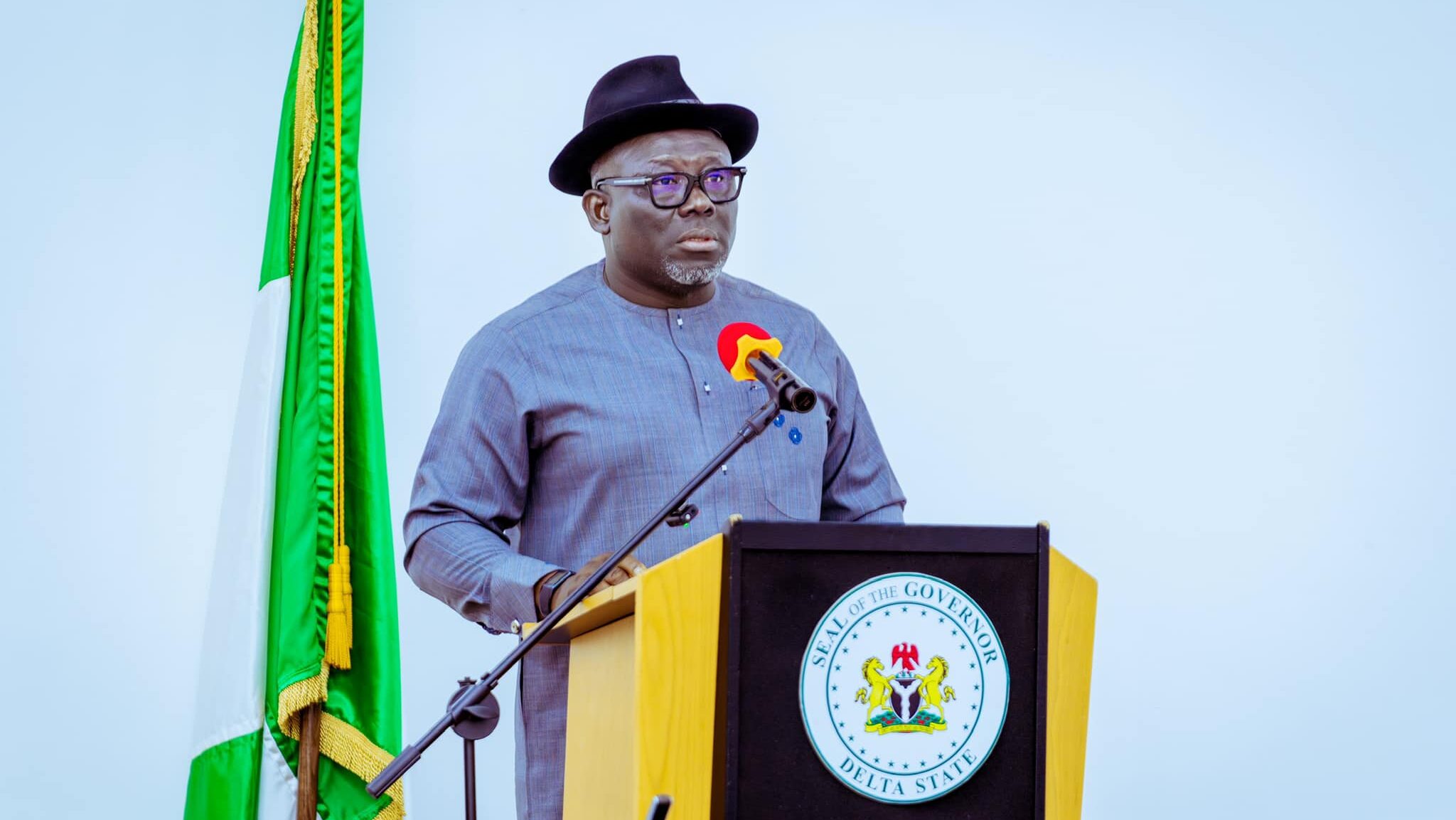Emma Okonji
The Nigerian Communications Satellite Limited. (NIGCOMSAT) is set to generate up to N8 billion as revenue in the next three years, through its planned broadband expansion services across the country.
The Managing Director of NIGCOMSAT, Mrs. Jane Egerton-Idehen, disclosed this at the weekend in Lagos, during a stakeholder roundtable organised by the company.
Egerton-Idehen, who said the target would be achieved, explained that broadband itself remained the company’s most profitable but least utilised product line, with only seven per cent currently in use.
According to her, about 93 per cent of the satellite’s broadband capacity is still idle, despite its wide applications in education, healthcare, defence, financial services and governance.
“We know broadband has greater value and wider use cases, from connecting local government offices to supporting education, defence, healthcare and even fintech. The challenge is that we cannot do it alone,” she said.
She explained that while the country had recorded progress in broadband penetration, where utilisation rose from 35 per cent in 2023 to 75 per cent, NIGCOMSAT broadband remained largely untapped and required stronger collaboration with private sector partners.
Egerton-Idehen said NIGCOMSAT had already shown capacity to deliver broadband services through special projects, such as the provision of internet to naval ships, moving vessels, and local government secretariats in remote communities where terrestrial networks could not reach.
“Under Project 774, NIGCOMSAT successfully provided connectivity to 45 local government secretariats across eight states within two months, a task fibre cable operators could not achieve at the same speed. NIGCOMSAT’s 250 staff could not cover the entire market, hence the need for channel partners and resellers with wider reach and distribution capacity. Our role is to provide the service backbone and support partners to take it to the market. We are not set up to compete directly with consumer operators because we don’t have engineers in every state to do installations and support. However, by working with partners, we can reach schools, health centres, fintech companies and government agencies across Nigeria and even in West Africa,” she said.
She also referenced successful examples of government-owned organisations operating profitably, such as Egypt’s NALSAT in the satellite sector and Nigeria LNG in the energy sector, and further explained that the examples proved that government companies could be both impactful and profitable.
She therefore told stakeholders that NIGCOMSAT’s N8 billion target was modest compared to global benchmarks.
“For example, NALSAT makes about 150 million dollars yearly. If we focus and work with the right partners, our N8 billion target which is only about three to four million dollars is not ambitious at all,” she said.
Egerton-Idehen assured stakeholders that the company would provide technical support, co-branded marketing and a flexible partnership model to enable partners to grow with the agency.
“This is the next chapter for NIGCOMSAT, We want to build it with you, our partners, because we cannot do it alone,” she said.
Stakeholders present at the event, observed that NIGCOMSAT products were not gaining traction because the company was still largely perceived as a government agency rather than a commercial entity, adding that Starlink has already taken a significant share of the market.
The stakeholders suggested that the federal government should develop policy frameworks that would mandate government agencies and parastatals to patronise NIGCOMSAT instead of relying on Starlink and other providers.
The post NIGCOMSAT Targets N8bn Revenue in 3 Years from Broadband Expansion appeared first on THISDAYLIVE.


